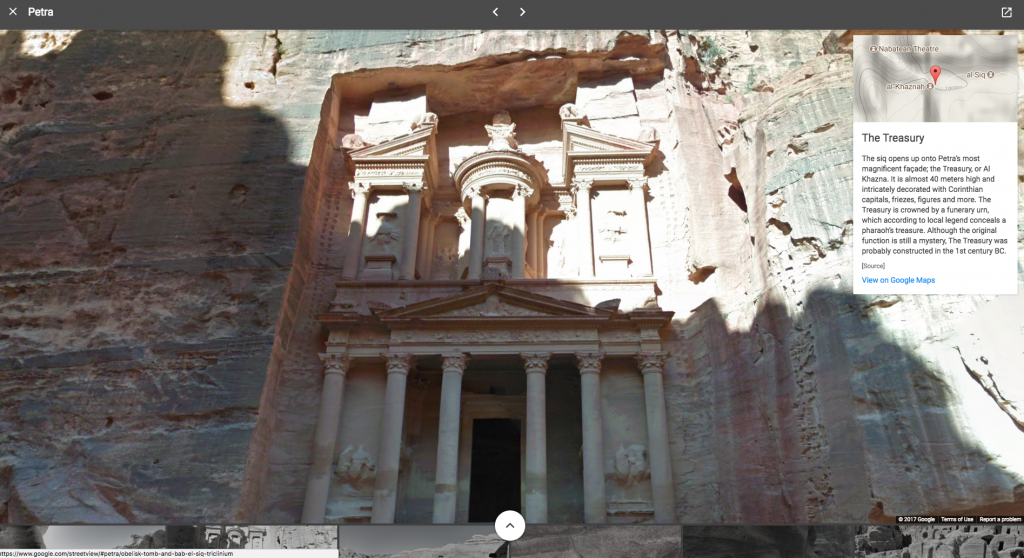
Google releases study quantifying economic impact of digital maps in KSA
A Google-commissioned study conducted by marketing research firm AlphaBeta quantified the economic impact of services like Google Maps and Google Earth by looking at the benefits and value geospatial technology brought to consumers, businesses and society in 2016 in Saudi Arabia.
According to the study, modern mapping services have the potential to unleash consumer benefits worth over SAR 5.2 billion (US$1.4 b) per year by enabling people to:
- Travel faster: digital maps reduced travel time by 16% on average in KSA, placing the value of time saved at SAR 11 billion (US$ 3 b)
- Save fuel: By reducing travel time, digital maps helped save around 29 liters of fuel per car, worth SAR 23 (US$ 6) in KSA per year, that’s 2.5 billion liters of fuel, worth SAR 1.9 billion (US$ 550 m) in total
- Be safer: 41 percent of digital map users in KSA state it helps them identify security facilities (e.g., police stations).
- Speed up shopping: KSA consumers save over 110 million hours per year from more efficient purchasing decisions. The value of time saved is SAR 4 billion (US$ 1.1 b) (based on local wage rates)
“We want to help people in the region understand what Google Maps can do for them. To do that, we need to understand maps today and the impact they have on people’s lives, which is why we worked with AlphaBeta to conduct this study. While the results reveal great benefits for consumers, businesses, and society, there remains more potential to be unlocked by geospatial technology,” said Selim Edde, Head of Government Relations and Public Policy at Google.
The report also outlines three recommendations key to tapping into the full potential of geospatial services:
- Governments can enable the promotion, adoption and implementation of the emerging applications of geospatial technology and data by adopting policies that support the collection, sharing, and use of geospatial data and services.
- Academia and civil society organizations can utilize geospatial technology to improve the efficiency of their major activities. Some applications include city planning, tracking environmental pollution, and maintaining important information on health and diseases.
- Businesses could increase their investment in and use of geospatial services to enhance the value and productivity of their business, attract new customers and boost sales. A range of studies provide evidence for the positive return of investment in geospatial services. In some cases, the net benefits of geospatial services have proven to exceed investment costs by more than 10 times.


























